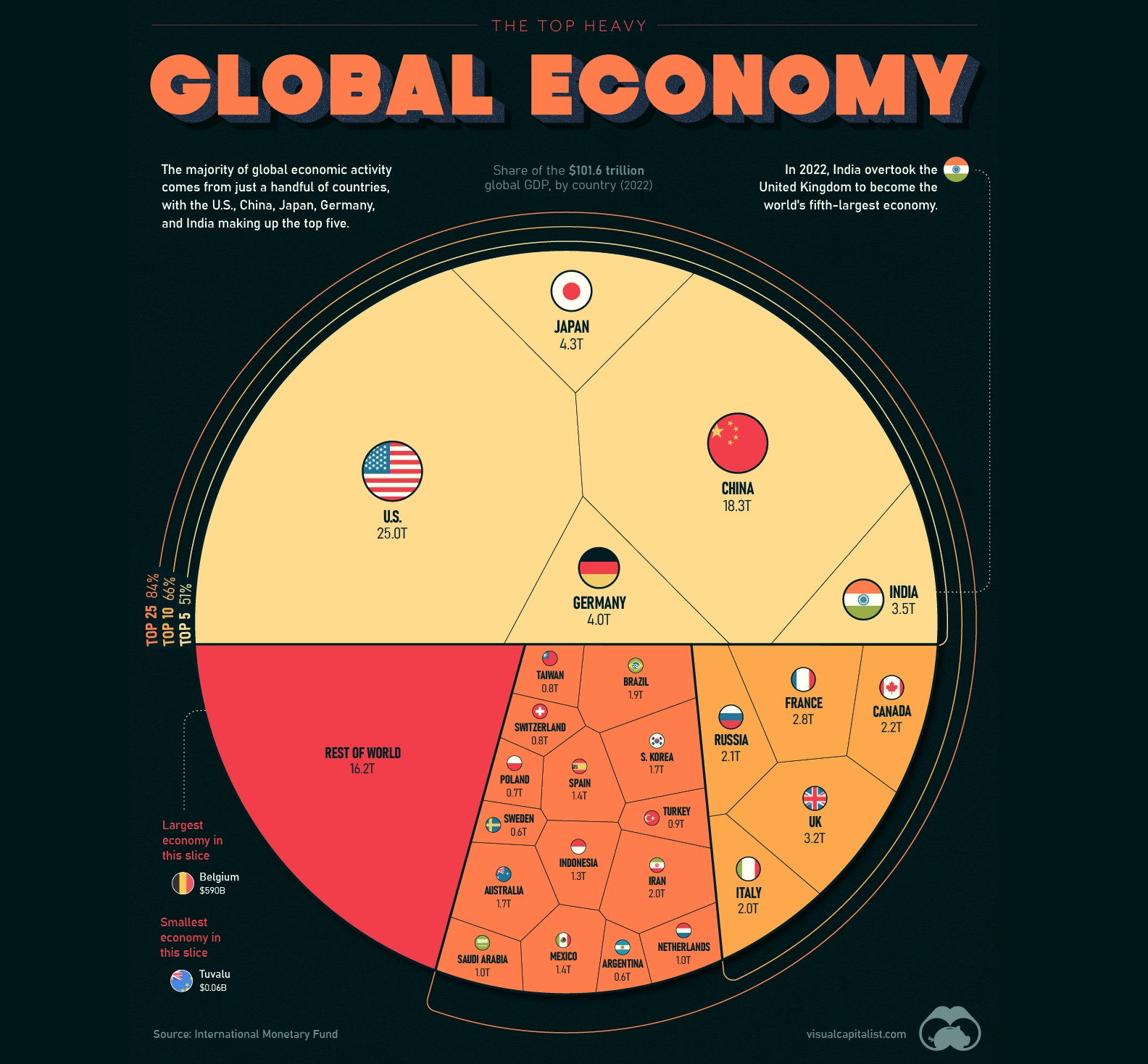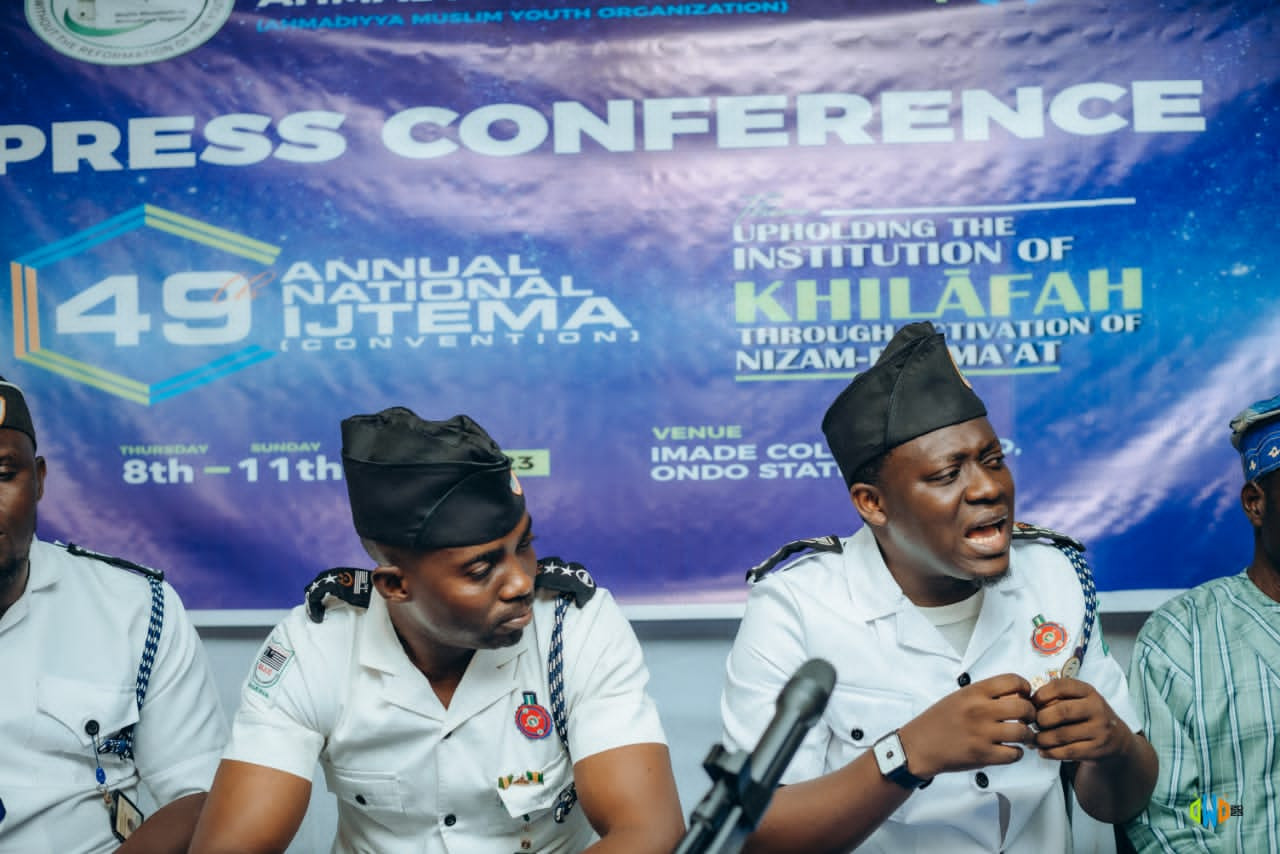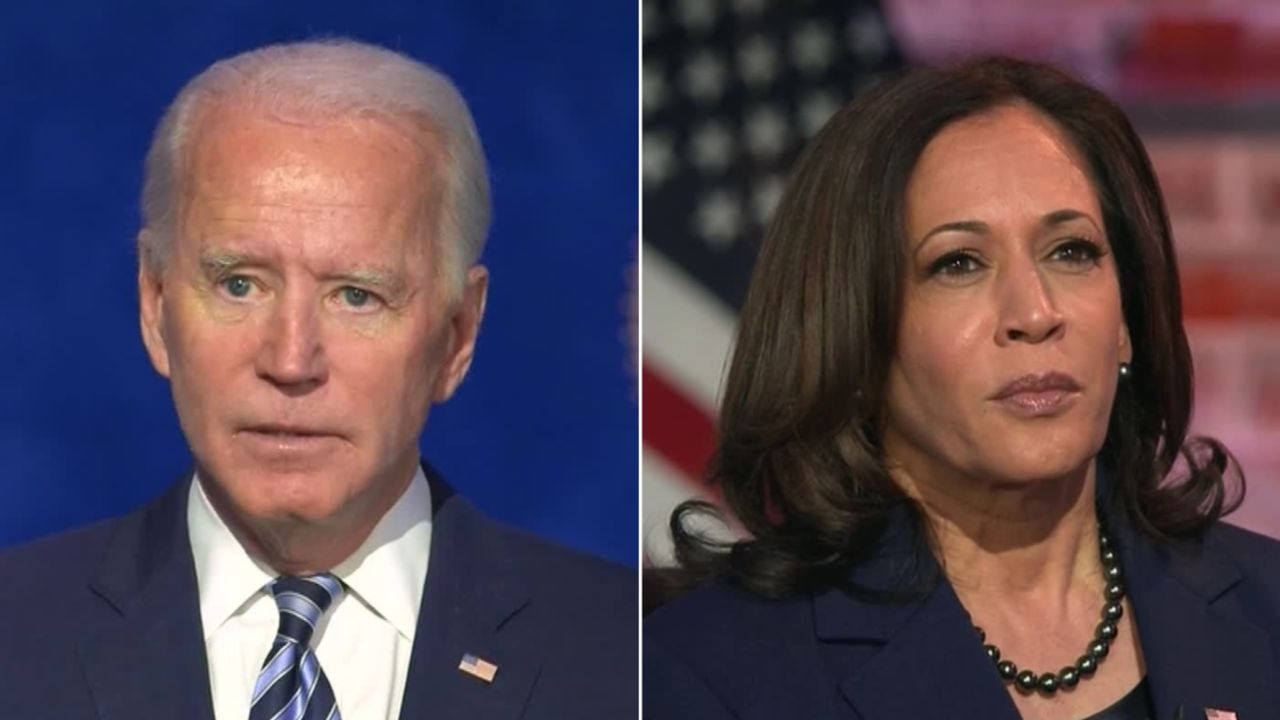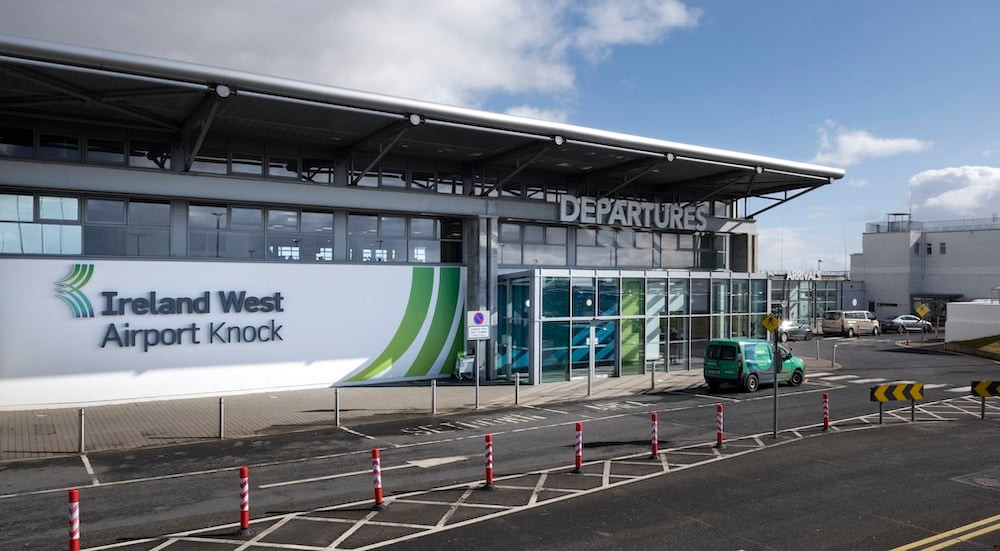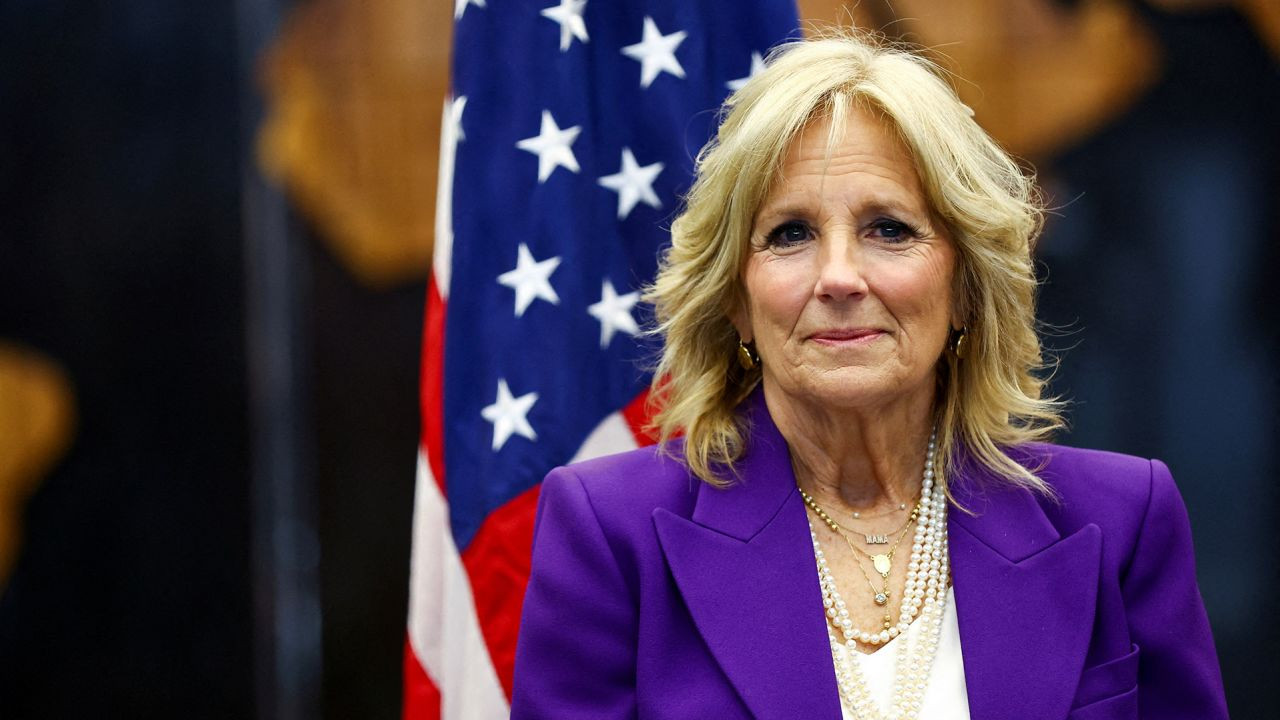Over the past decade, Chinese investments have significantly bolstered Africa’s infrastructure landscape. However, prevailing narratives have often emphasized China’s influence, overshadowing the critical role of African host states in determining project outcomes. My new working paper with the Boston University Global Development Policy Center provides a different perspective, highlighting how African states can exercise agency to influence the success of Chinese-supported power projects.
Africa’s power crisis is severe, with over 40 percent of its population lacking access to electricity, predominantly in sub-Saharan Africa. This shortage stifles economic growth, productivity, and job creation. Traditionally, African governments funded and constructed large-scale power generation projects, but fiscal constraints have necessitated alternative investments. Chinese companies have installed over 25 GW of generation capacity in sub-Saharan Africa. Despite these contributions, the outcomes of these projects have varied widely across countries.
The working paper examines these disparities by analyzing the financing and construction of hydropower plants by the Export-Import Bank of China (CHEXIM) and Sinohydro in Ghana and Uganda. The study contrasts the Bui Hydropower Plant in Ghana with the Karuma Hydropower Plant in Uganda. Despite similar scopes and Chinese involvement, Ghana experienced more favorable outcomes, completing the project on time, within budget, and meeting quality standards. Conversely, the Karuma power plant in Uganda faced delays, cost overruns, and multiple defects.
My research identifies several critical areas where host states either exercised effective agency or fell short, significantly impacting project outcomes. These include effective policy and planning, level brokering with skilled negotiators, and effective project implementation and management.
Effective Policy and Planning
Effective policy and planning are foundational for successful infrastructure projects. Ghana exhibited significant agency during the policy and planning phase of the Bui Hydropower Plant by integrating it into national development policies and energy sector planning. This alignment ensured the project remained a government priority. In contrast, while Uganda’s policy framework prioritized hydropower development, it lacked a specific energy sector plan, contributing to the challenges faced by the Karuma Hydropower Plant. Governments must ensure that major infrastructure projects are embedded within comprehensive national and sectoral plans to align with broader economic goals.
Brokering and Negotiation
High-level brokering and skilled negotiators are vital for securing favorable project terms. Ghana’s presidential delegation engaged Chinese leadership to secure financial support, with financial support announced during the 2006 Forum on China-Africa Cooperation (FOCAC). Similarly, Uganda’s President Yoweri Museveni engaged with Chinese leadership during the 2013 BRICS Summit to secure funding. However, Uganda’s approach bypassed a competitive procurement process, leading to procedural controversies. Policymakers should prioritize transparent and competitive procurement processes to enhance accountability and project efficiency.
Both countries succeeded in some areas of negotiation, such as extending commercial loan terms and reducing interest rates. However, they were less successful in securing a higher percentage of concessional loans compared to commercial loans. This underscores African policymakers’ need for enhanced negotiation skills to secure more favorable financial conditions.
Effective Project Implementation and Management
Effective project implementation and management are crucial for ensuring project quality and timeliness. Ghana ensured rigorous oversight and proactive management of the Bui Hydropower Plant, resulting in high-quality standards and timely completion with only minor delays. A hands-on technical team and support from an experienced owner’s engineer were instrumental in maintaining project quality. In contrast, Uganda’s Karuma Hydropower Plant faced significant delays and quality issues due to insufficient supervision and management capacity. Governments must invest in building technical and managerial capacity within ministries and regulatory bodies to ensure robust oversight and effective management of infrastructure projects.
Conclusion
Overall, host states can develop their capacity and skills to manage the procurement, development, and operation of power generation infrastructure by improving their negotiation skills, enhancing project management and monitoring, and utilizing experienced consultants with a proven track record in similar projects where in-house capacity is lacking, to name a few.
As Africa continues to seek investment in its power sector, strengthening these skills and capabilities will be critical to ensuring a bright future with successful and sustainable power generation infrastructure projects.
Naa Adjekai Adjei is a 2023-2024 Global China Pre-doctoral Research Fellow with the Boston University Global Development Policy Center and a PhD Candidate at the University of Cape Town Graduate School of Business. Her research considers the role of Chinese investment in power generation infrastructure projects in sub-Saharan Africa. An admitted attorney of the High Court of South Africa specializing in corporate and commercial law, she has experience in several aspects of commercial legal practice, including energy law litigation, banking and finance transactions, contracts, and corporate transactions.





